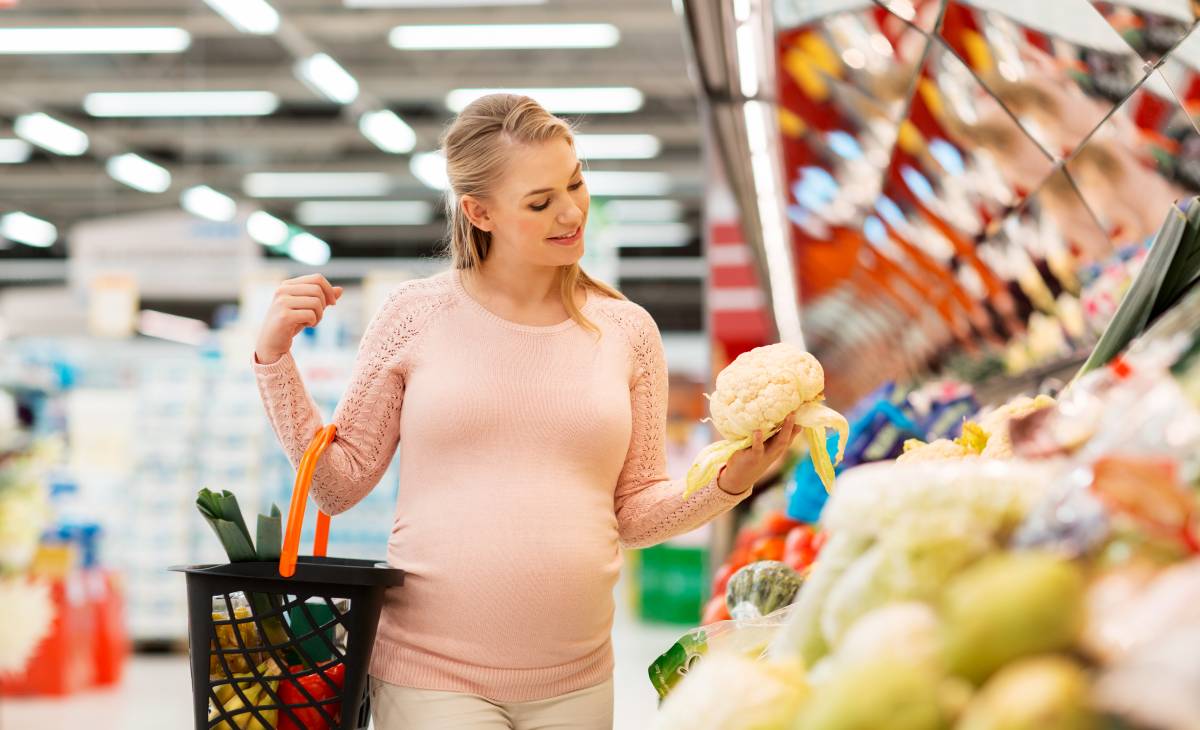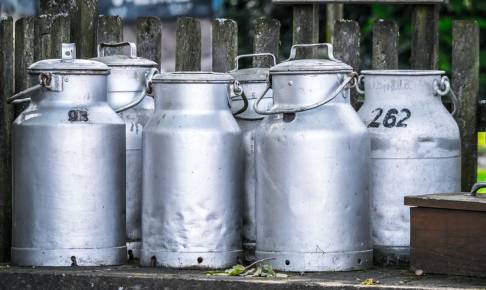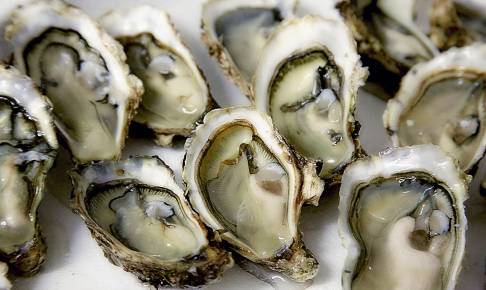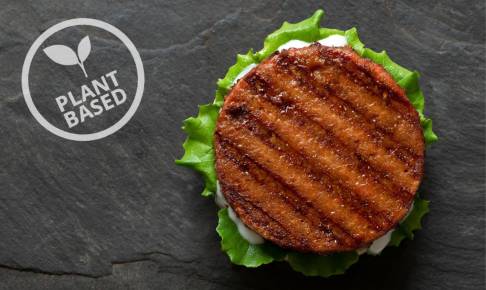Pregnancy diet: dairy products and vegetable sprouts identified as potentially dangerous foods in New Zealand
The government of New Zealand recently declared dairy products and sprouts key food poisoning risks for pregnant women, based on the latest report from the New Zealand Food Safety (NZFS) department under the Ministry of Primary Industries. The NZFS removed these products from the official dietary guidance for pregnant women, discouraging their raw consumption.
In particular, mung bean, chickpea, radish, broccoli, and other sprouts are considered high-risk foods because they can be contaminated with microbial pathogens like Salmonella and Listeria, which can find favorable conditions during sprout germination.
Similar risks are associated with the consumption of uncooked soft, low-acid cheeses like brie, camembert, mozzarella, or feta, even if pasteurized.
The report offers also some good news. Pasteurized milk and yoghurt, previously indicated as risky if eaten more than two days after the package has been opened, are now considered less dangerous. The report says that “milk is a widely consumed food and no outbreaks have been reported in New Zealand associated with this food.”
“[The same goes for] yoghurts - There is no evidence from public health data that [bacterial contamination] is a problem, [therefore consumers can just follow] the manufacturer’s instructions which usually advise keeping the product refrigerated and eating it within seven days of opening or before the best before date.”
This is the first pregnancy food safety report issued by the NZFS in 14 years. The Ministry of Primary Industries announced in a formal statement that “NZFS wants to ensure the food safety advice for pregnancy remains current with the latest science and dietary practices for New Zealand”.






















